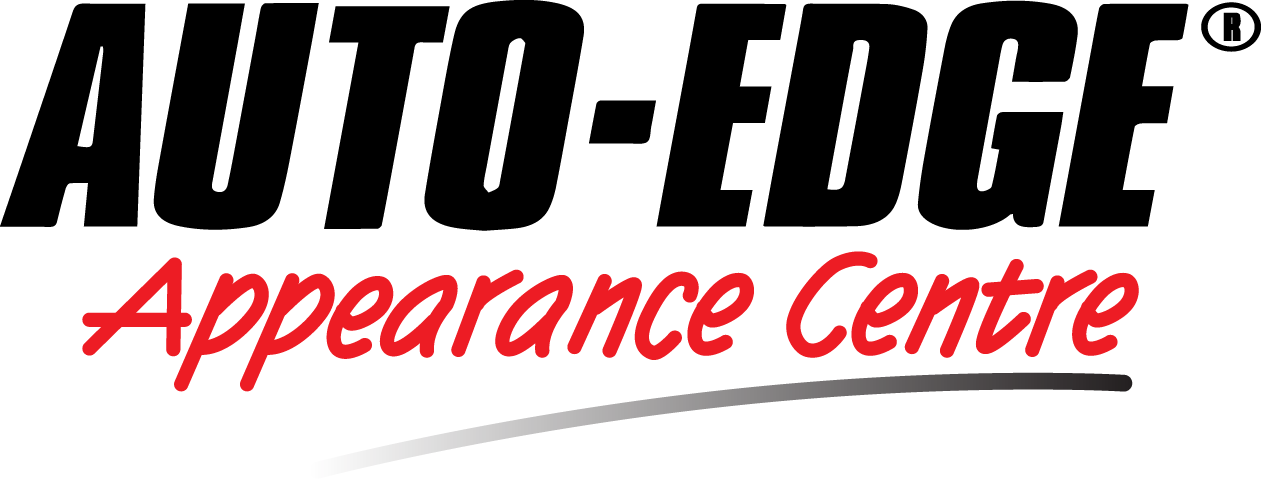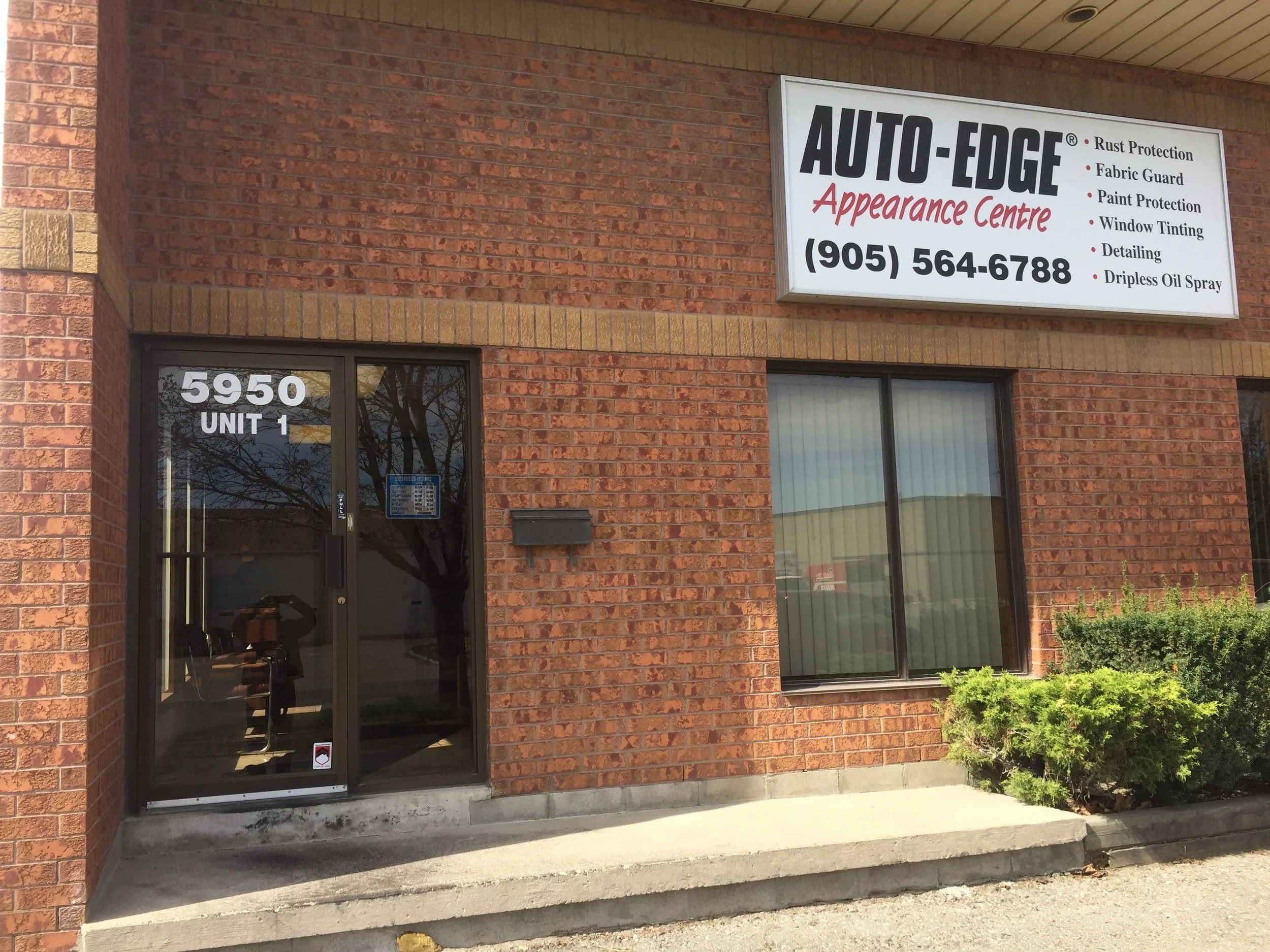Rust as the Pentagon calls it, is a “a pervasive menace” costing American taxpayers $400 billion a year, destroying vehicles, buildings, bridges and all types of infrastructure.
As a little boy in Kitchener, Ontario I used to dream of growing up and owning a really cool car. I would sit in the backseat of my parents 1974 AMC Matador station wagon staring at the much cooler cars driving by; picturing myself behind the wheel.
My first car, a 1986 VW Rabbit, wasn’t quite the dream car I had hoped for but most importantly it was mine, and it was my pride and joy.
That is until the first major rainstorm; I headed out to my beloved car only to find that it wouldn't start. For the life of me I couldn't figure out why and after a long fruitless attempt to fix it myself I gave up and took it to a mechanic who figured out that there was a short in my fuse box. So after a quick fix my Rabbit and I were back on the road. Until the following week after another rain storm and once again my car wouldn't start. I had just gotten it “fixed” the week before and now it was doing the same thing so I took it straight back to the mechanic shop and the problem was immediately diagnosed as the original problem, a short in one of the relays in the fuse box. This just seemed like a weird coincidence that every time we had a hard rain my car would short out. I couldn't understand why that was happening until my mechanic noticed that my car's fuse box was situated directly under the windshield where the bottom corner had some pretty bad rust, so much so there was a small hole rusted through the metal. So when there was a hard rain, water leaked through the rusted hole in my car and dripped into the fuse box shorting out the electrical system.
Being a poor student at the time, he provided me with a cheap fix and wrapped a plastic sandwich bag around the fuse box to protect it against further water damage and voila the next time it rained my car started up like it was no big deal. That was the first time I'd ever really thought about rust effecting mechanical aspects of a vehicle, other than aesthetics I never really gave a second thought to the effects of rust on a vehicle.
I believe most people don't give rust much thought other than how it can affect the looks of their car. What we forget is the huge cost to our vehicle, not just monetarily but also mechanically and safety-wise.
A rusty vehicle can be very unsafe, it has mechanical components that will breakdown costing the owner extra money for repairs and reducing the useful life of the vehicle, a rusted vehicle can also be unsafe in even a minor accident because rust can weaken the structural components of your vehicle compromising the metal's strength and integrity which can cause them to fail during an accident causing extra damage and offering you and your family less protection.
So now that we know that rust is bad for your car, let’s talk about what rust is and why your vehicle will rust without being rustproofed.
Rust occurs when iron or an alloy of iron (like the steel used in our cars) is exposed to oxygen and moisture.
Oxygen combines with the iron (at an atomic level) and weakens it, causing it to oxidize which causes it to rust.
To be scientific for a moment - Moisture is a catalyst for rust, it settles into the microscopic pits and cracks in the metal of your car and the hydrogen molecules in the moisture attract other elements to form acids, causing the metal to become even more vulnerable to rusting (this is why recessed body panels and crevices in vehicles are extremely susceptible to rust).
If and really when, water gets into the body panels of your car and it hasn’t been properly rustproofed…well….moisture will accumulate causing your vehicle to rust.
How do you prevent this? A thorough and effective rustproofing application will disperse the moisture never allowing it to settle in your car’s most vulnerable areas.
During winter months, the salt and brine from roadways and sidewalks acts as a extra catalyst for the rusting of your car. Take the metal in your car and add in the reactive mix of salt, oxygen and moisture—the metal becomes brittle and weak with rust at an even faster rate. An effective rustproofing application will seal both oxygen, moisture, salt and the elements away from your vehicle protecting the vulnerable metal from rust.
There are essentially two different types of rust: surface rust sits on the surface of your vehicle and does not compromise the structural integrity of the vehicle and penetrative rust which is rust that has compromised the structural integrity of the vehicle. If not repaired surface rust can become penetrative rust.
Car manufacturers today do a better job than they did when I was little dreaming of my first car, BUT today’s cars are by no means impervious to rusting.
We will dispel the myth that new cars don't rust despite manufacturer efforts and why they still rust in my next blog post. Stay tuned!


